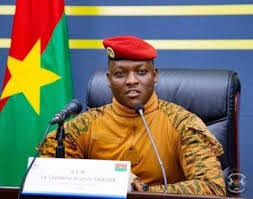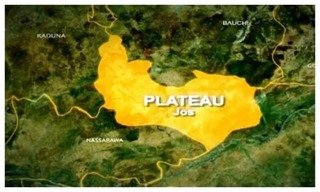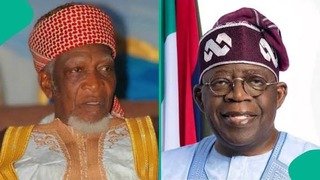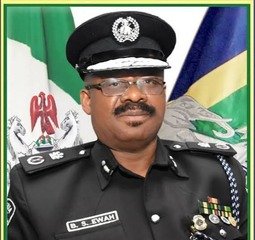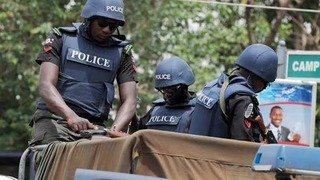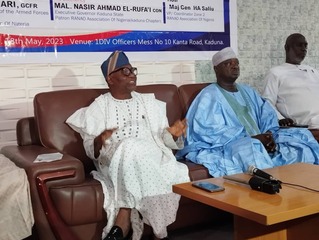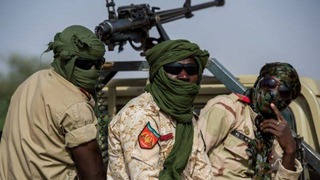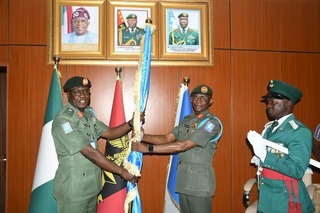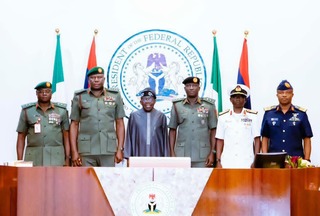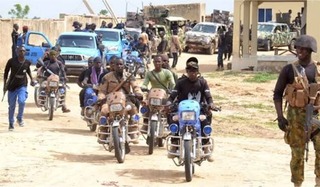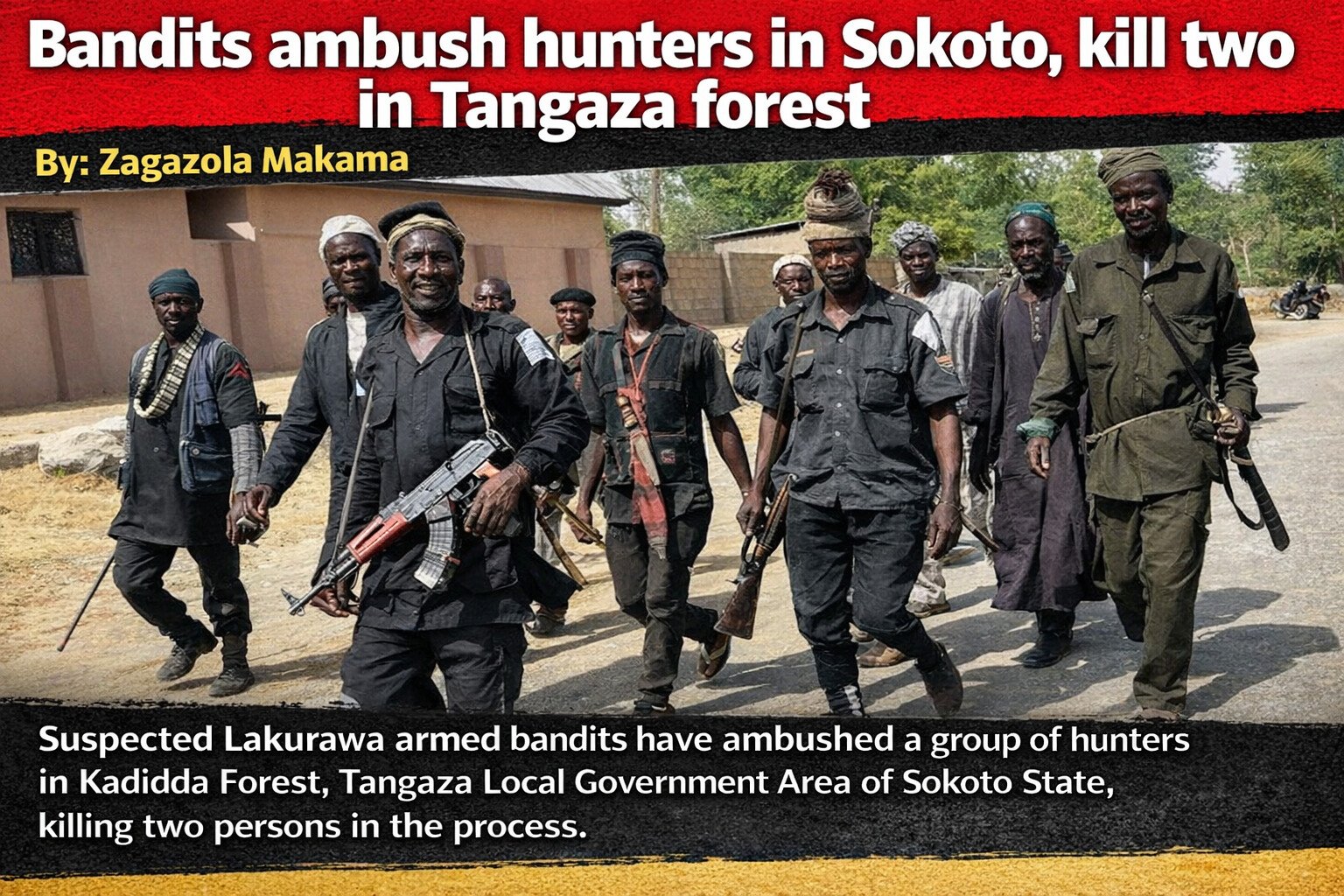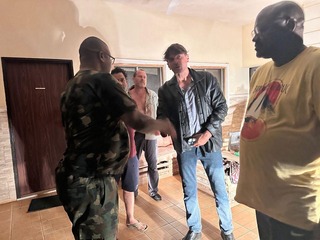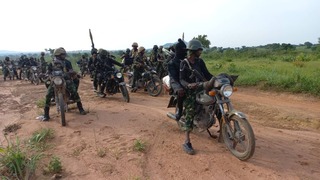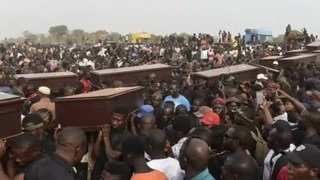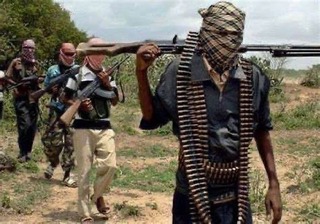Burkina Faso’s Uneasy Silence – Signs of a Brewing Storm in Traoré’s Inner Circle
By: Zagazola Makama
A tense calm has settled over Burkina Faso’s capital, but behind the quiet façade lies a growing storm of uncertainty and suspicion, as internal fractures emerge within President Ibrahim Traoré’s military led regime.
Recent arrests within the presidential guard, the elite force tasked with shielding the nation’s leader, have raised alarm over the stability of Traoré’s government. According to sources with knowledge of internal security dynamics, a number of officers have been detained on suspicion of plotting to overthrow the junta. Their fate remains unknown possibly facing execution or indefinite detention but their silence speaks volumes in a climate now thick with mistrust.
For a regime built on loyalty, the betrayal of the presidential guard, long seen as the last line of defense around Traoré, is a significant rupture. Analysts say that what began as whispers of dissent within the ranks has now spiraled into an active purge a move indicative of both real threats and paranoia within the corridors of power.
More troubling is the reported discontent among elements of the Rapid Response Battalion (BIR), another key security outfit. Multiple members have allegedly voiced frustration over the government’s handling of the country’s worsening insecurity, especially the enduring presence of jihadist groups across rural areas.
“Two-thirds of the country’s security infrastructure is now gripped by uncertainty,” said a senior West African military analyst. “The regime’s internal cohesion is unraveling.”
Regionally, the situation is compounded by the geopolitical isolation of Burkina Faso’s junta. Its strongest allies fellow military regimes in Mali and Niger are themselves under pressure.
Mali’s transitional government is grappling with growing union unrest and strained relations with Algeria over security and trade, while Niger remains mired in internal instability following last year’s coup and international sanctions. With both countries deeply consumed by their own crises, little external support is likely to be extended should the Burkinabé junta face another serious destabilization attempt.
Observers on the ground report an eerie stillness in Ouagadougou. Military patrols have been reinforced. Communications are tight. Senior officers are rarely seen in public. It is, by all accounts, the proverbial calm before the storm.
This atmosphere is reminiscent of past coups in the region, where silence and secrecy precede dramatic power shifts. In Burkina Faso, a country already scarred by multiple coups since 2015, the signs are becoming hard to ignore.
“The fear isn’t just of a coup,” a diplomat based in Ouagadougou told Zagazola sources under anonymity. “It’s about fragmentation of the military, of governance, of national unity.”
As President Traoré faces mounting pressure both from within and outside the military structure, many in Burkina Faso are left wondering: can the regime survive its own shadow?
The storm may not have broken yet but the air is heavy, the silence deafening, and the ground already shifting beneath the feet of those who claim to lead.

